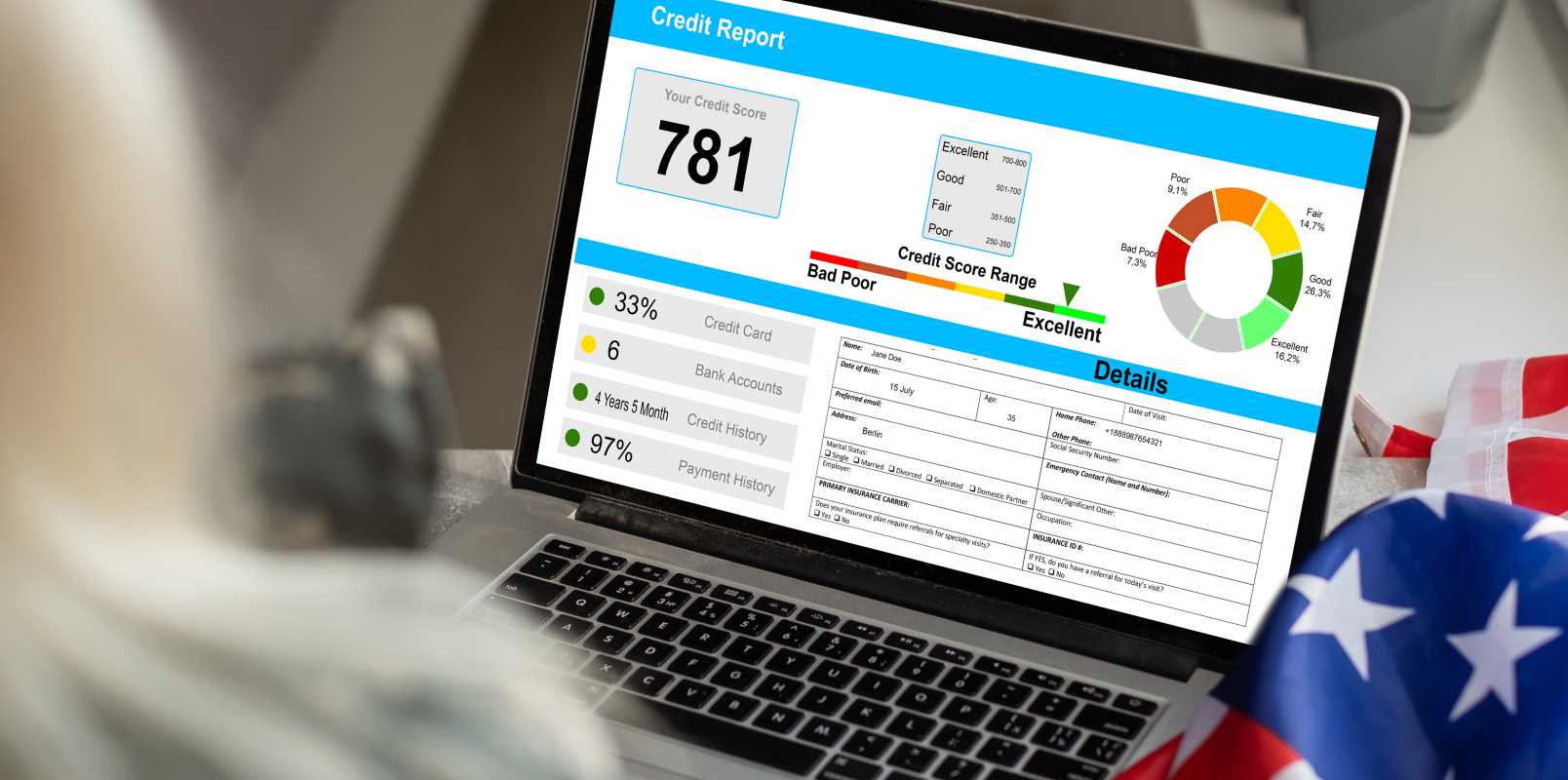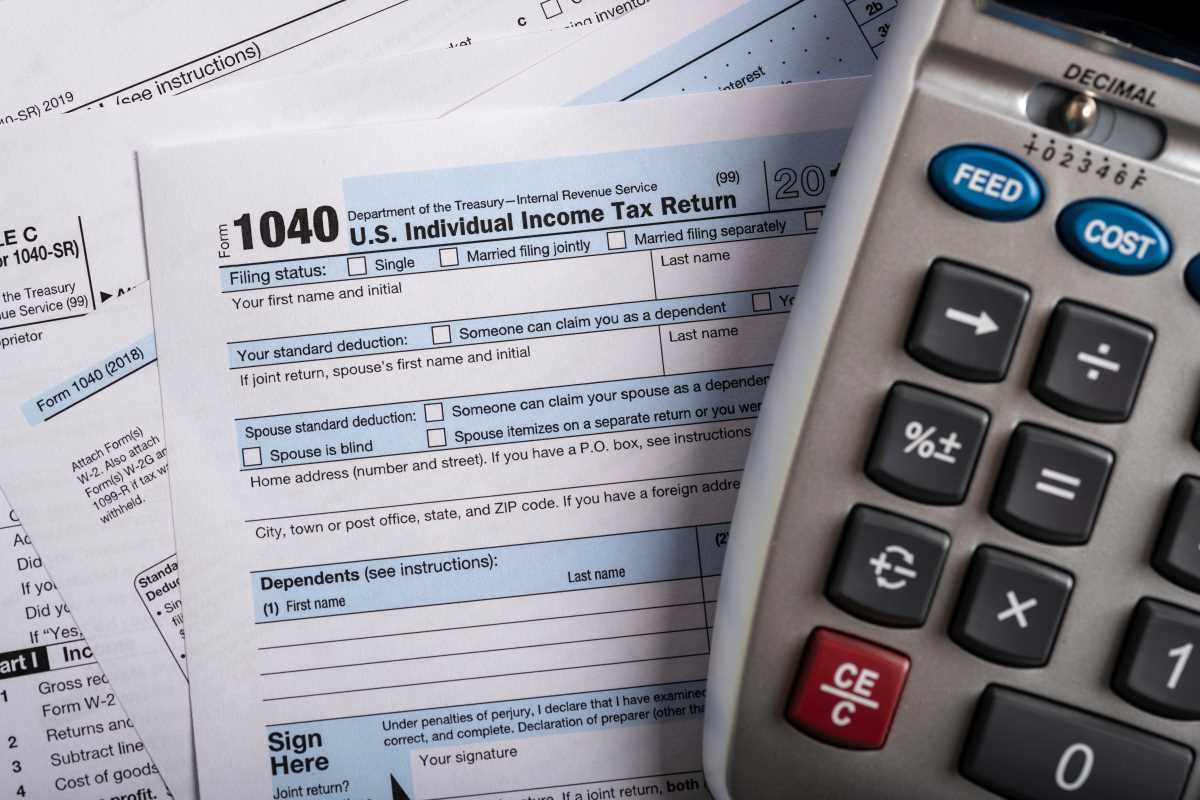Building your career often brings fresh responsibilities, including the need to handle your finances carefully. Life can throw surprises your way, and sudden expenses may arise when you least expect them. Having some savings set aside gives you peace of mind and helps you stay prepared for whatever comes next. This article provides straightforward guidance on how to set aside money so unexpected costs do not derail your plans. While learning to manage money might seem complicated at first, adopting a few practical routines can help you develop stability and confidence as you move forward.
Developing a habit of saving not only keeps you prepared for surprises, it also gives you confidence when you make decisions about other areas of life. With a few changes in daily spending habits and a strong commitment, you can create a reserve that keeps you afloat during tough times.
Why an Emergency Fund Matters in Your Early Career
A solid reserve exists to keep you on track when unexpected bills arise or when you face sudden changes, such as a job shift or repairs at home. Having money saved means you don’t have to rely on credit or loans during times of need, reducing stress and offering a sense of security.
Gaining financial stability early helps you steer clear of long-term debt and additional financial troubles. A ready cushion makes it easier for you to take calculated risks in your career and life, knowing that there's backup if circumstances go awry.
Setting Realistic Savings Goals
Setting a practical goal starts with looking at your income and regular expenses. Identify how much you can realistically set aside each month. Aim for small, steady steps over sudden changes that may feel overwhelming or impossible to maintain consistently.
Keep track of your progress regularly. Write down your targets and review them monthly. This approach not only keeps your goals in focus but also helps you adjust your spending habits when needed.
Seven Practical Ways to Build An Emergency Fund
Thinking about everyday habits can really help you build an emergency fund sooner than you expect. The following numbered points provide easy-to-follow ideas that start small and build up over time.
- Set Up Automatic Savings: Arrange for a portion of your paycheck to transfer automatically into a savings account. Automating this process removes the temptation to skip saving and ensures consistency.
- Start Small: Even setting aside a few dollars at a time makes a difference. Begin with a manageable amount and increase it gradually as your finances improve.
- Create a Budget: Outline your monthly income and expenses. This way, you see where your money goes and can identify areas to cut back in favor of extra savings.
- Reduce Unnecessary Expenses: Examine your subscriptions or impulse buys that may not add long-term value. Saving money often involves rejecting small luxuries for a greater financial goal.
- Find Additional Income: Look for side gigs or freelance opportunities that fit your schedule. Extra earnings, even if small, can be directly funneled into your emergency savings.
- Link Rewards to Savings: Use reward programs and cashback offers to boost your savings. When you earn benefits from everyday spending, consider adding a portion of those rewards to your reserve.
- Commit to a Savings Challenge: Set a specific challenge for a defined period, like saving a specific amount in 30 days. Small challenges can push you to take extra care of your finances while giving a sense of achievement when you reach your target.
Each of these steps requires simple adjustments in daily life that, over time, lead to a stable financial cushion. Begin with one tactic and combine them gradually for a greater impact.
Focusing on concrete actions rather than broad goals makes saving more manageable. These small, practical tips can really change how you think about money management soon enough.
Overcoming Common Challenges
Many people encounter similar difficulties when trying to save. Recognize that these challenges are part of the process and face them with a few smart adjustments.
Below are some typical obstacles along with quick fixes:
- Inconsistent Income: When earnings vary, calculate a baseline you can rely on and adjust your savings amounts accordingly.
- Impulsive Spending: Keep a list of long-term rewards instead of immediate gratifications. Reviewing your goals when tempted can help you stay focused.
- Lack of Motivation: Regularly check your progress and reward milestones. Small wins boost your confidence and encourage you to save more.
- Unplanned Expenses: Start with a modest savings goal and gradually increase your monthly contributions as you become more comfortable with setting money aside.
Seeing challenges as puzzles with possible solutions shifts your mindset into one of problem solving. Adjust these steps in your plan as you face obstacles to keep moving forward.
Staying Consistent: Tracking Progress and Staying Motivated
The best way to build steady savings is to track your progress regularly. Keep a simple record of deposits, and note how your reserve grows each month. Frequent reviews help you stay engaged with your goals and spot areas that need improvement.
Remind yourself why saving matters by picturing peaceful nights knowing you’re prepared for the unexpected. Use tools like charts or budgeting apps to keep numbers visible, and celebrate each small win along the way.
Financial security provides a foundation that supports growth and reduces stress. Monitoring your progress motivates you to maintain and even enhance these habits.
Taking the right steps today prepares you for a better tomorrow, where challenges become opportunities rather than obstacles.
Building a strong safety net requires dedication and daily mindful choices, but the benefits show when life throws a curveball. Keep your focus on your targets and enjoy the confidence that comes with being ready.
Small actions add up and soon become routine. Take pride in your steady progress.







